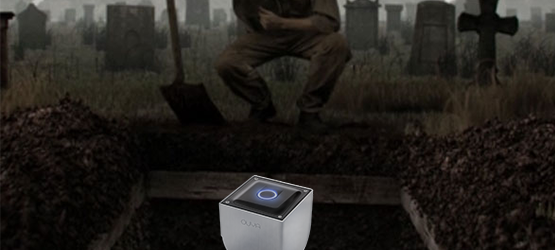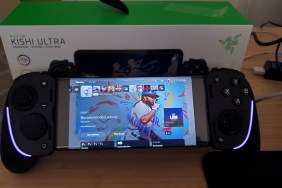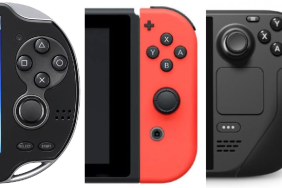Ouya, the 2013 Kickstarter-funded, Android-based console that was supposed to completely turn the home console market upside down, has been sold to Razer, who is going to cannibalize its assets for Cortex, their own digital market that is part of Android TV. Daily Reaction is looking back — as the Ouya was the catalyst for the first ever Daily Reaction — and reading Ouya’s eulogy.
Chandler: Two years. That’s how long the Ouya lasted before rapidly seeking an out, and perhaps there were internal warning signs long before they publicly started seeking buyers in April of this year. It was a failure, simply put. A well-funded failure. Where does the failure lie? Who’s fault is the downfall of the Ouya? Why was Ouya sold to Razer? Did the predictions made by Sebastian and Dan back in the first ever Daily Reaction come to pass or was it something else entirely?
Just last week we pitted consoles versus PCs. What did we find? We ultimately saw that they are two vastly different markets for different kinds of gamers and different kinds of games, with some crossover in between. Neither is “better” than the other. The same can be said of the mobile games market in comparison to the home console market. I myself enjoy a few good mobile games here and there. They are fun to play on my lunch break at work, or laying in bed just before I go to sleep. However, there is a time and a place. Ouya attempting to put the Android-based game market on your home TV was doomed to fail from the start.
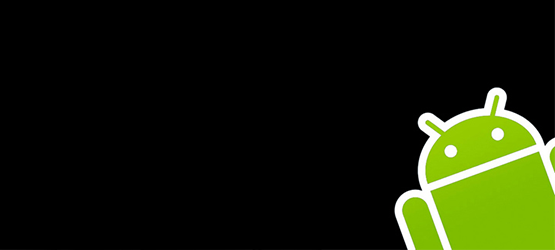
In theory, it’s a great idea. In practice, it’s a whole different story. The android-based platform is already there, it’s called the Google Market. You can connect most newer phones to your TV now anyway, if you really want to sit and play those games in your living room. Don’t forget that your phone also has other functions that Ouya couldn’t compete with… namely being a phone. If I am at home on my couch, the last thing I want to do is fire up an Android-based game. I have a PS4, and my time spent in the living room will be spent playing my real home console, not an odd device trying to bridge a gap that isn’t asking to be crossed.
Granted, Razer will use the Ouya’s assets to bolster its own offering of Android-based gaming in the living room, but it will see games as a supplementary function of something with a number of other uses and assets, as opposed to being marketed as an Android based home console. I don’t think that the Ouya failed as much as its dedicated idea led to its quick demise. The home console market has its big contenders right now, and it’s going to take a lot more than a tiny Android-based gaming console to break into this strong market. RIP Ouya. I’d be hard pressed to say you’ll be missed.
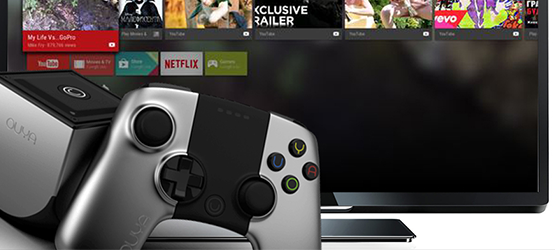
Dan: One of the biggest draws that an open sourced platform has is its ability for almost anyone to develop something for it. The issue surrounding the Ouya is that, while it did have a lower barrier of entry for players to find content for it, its competition was not only the home console market, but also the PC one as well. Allowing developers to easily create for it, while still being able to push products into the mobile space was a potentially powerful idea, but one that relied too heavily on unlikely factors.
Given that the Ouya was designed to go against the console market during a time when the indie portion of the industry was still marginal at best, it made sense to develop something to give a platform that nearly anyone could publish on. But, sadly the industry shifted drastically as we saw more and more love for smaller developers on consoles, and even a shift in hardware that made development more approachable. Not to mention that even the Ouya wasn’t as easily open sourced as we were originally led to believe.
Essential Reading:
- Top 5 PS Vita Games to Look Forward to in 2015
- The Industry: Issue #10 – The Tomb Raider Finally Appears (Webcomic)
- Now Loading…Rise of the Tomb Raider PS4 Confirmed, What Do You Think of Obvious Timed Exclusives?
This leads to the other end of the spectrum, where the PC market is still completely open to developers of all sizes to try out their games, but with a little thing called Steam easing distribution. Even if developers didn’t want to push their product onto Steam, there are countless other methods that allow for them to distribute without the need for them to be tied into a niche product. What this means is that regardless of what the Ouya was trying to do, it was competing between two behemoth markets and simply could not do much to pull enough consumers from either to survive.
From the very beginning we understood that it was going to take a different approach to actually put the Ouya into consumer’s hands, and sadly that didn’t happen. As a device it could have done so much more, but without a realistic library of quality titles behind it or the ability to push it beyond the normal capabilities of a PC, it was dead before it started. The mobile scene itself is a sizable market, but if any of those titles want to expand beyond tablets and phones they are going to go to platforms with millions of potential customers, not one with thousands.
Were you an Ouya owner? Do you have anything to say at Ouya’s wake? Let us know in the comments below, email us at [email protected] or check us out on Twitter @Foolsjoker and @Finchstrife.
Check out more of us reacting daily on Daily Reaction here.
Daily Reaction: The Slideshow
-
Are Villains Really the Star of the Show? – The Joker, Call of Duty and Until Dawn
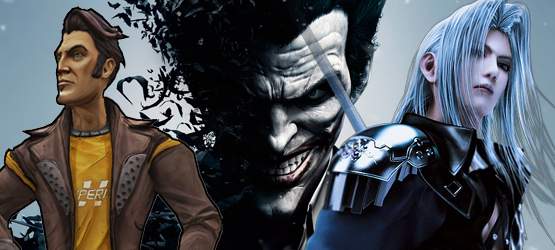
A great hero is nothing without an opposing force to drive him, her, or it forward, and we explore the villains, antagonists, and foes in both likely and unlikely places.
-
PS Plus Vote to Play – Are We Generalizing Indie Games?
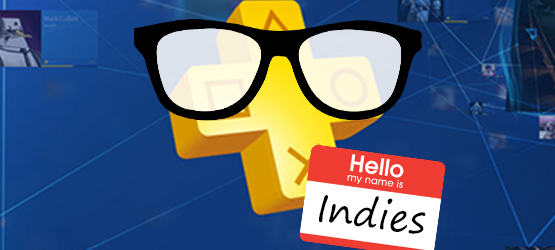
The term "indie" has been slung around the industry to mean low budget garbage, but are we being unfair to a subsection of the industry that leads in innovation and creative freedom?
-
How Sharing Is Changing the Industry – PSN and the Share Button

The ability to easily share our experiences has vastly changed how we game and how the rest of the world perceives video games. Just how much is sharing changing the gaming landscape?
-
Cracking Down on Xbox One Cloud Computing
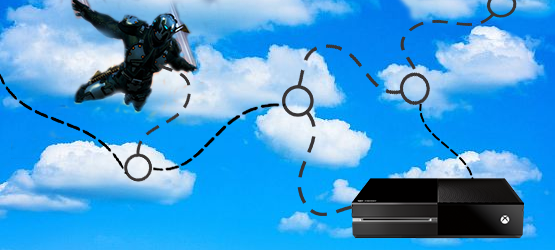
Despite the punny title referencing Crackdown 3, we actual drool over the possibilities that the cloud can offer as Microsoft shows off their latest footage featuring multiple servers worth of full destructibility in the world, while we also cite some minor concerns we may have with the tech.
-
Microsoft’s gamescom 2015 Press Conference Impressions
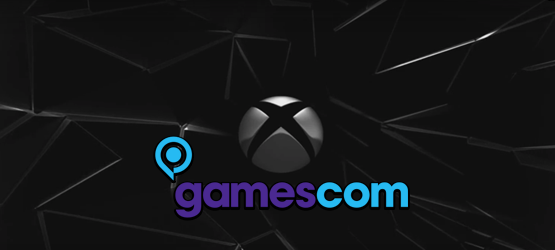
Microsoft finished their 2015 press conference at gamescom and it was a solid showing. Here are our blow-by-blow impressions of what Microsoft had to show off.
-
Guitar Hero Live and Rock Band 4 – Rhythm Games’ Encore
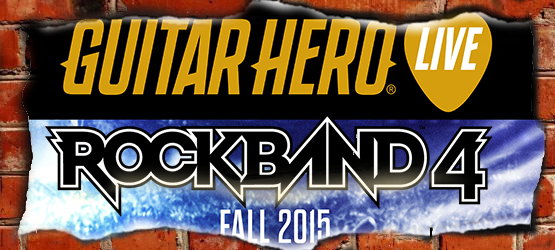
Rhythm games are coming back, but do gamers want the encore? Find out more about our history with the genre and what we are (or aren't) looking forward to when plastic instruments make a comeback.
-
Can a PlayStation Plus Voting System Make Gamers Happy?

Trying to appease unhappy gamers, Sony is giving them a choice to vote on the free Plus games for certain months. Will gamers still find a way to complain, or will this help ease the pain of feeling slighted by "bad offerings?"
-
Ouya’s Downfall and the Home Console Market

R.I.P. Ouya. We hardly even knew ya. In this edition we throw back all the way to the first Daily Reaction that talked about the Ouya and how it might be able to alter the gaming landscape. Have our views since then changed?
-
Are Gaming Accessories Important? VR, Fight Sticks and Gaming Headsets
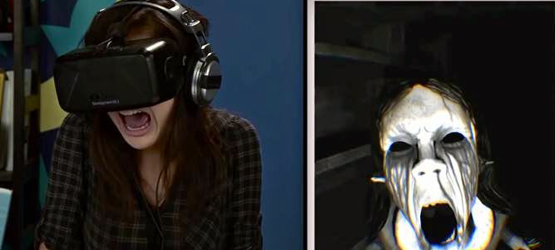
Peripherals such as headsets, VR, plastic instruments, and motion wands can alter the way that we experience games, but are they required or even important to the gameplay experience?
-
Console vs PC: Rounds 1 and 2
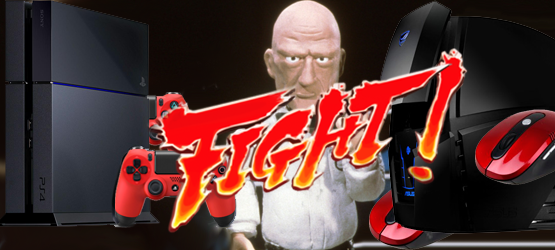
Read the Daily Reaction Part 1 here.
Read the Daily Reaction Part 2 here.Console gamers and PC gamers often butt heads on which is better, but which one is truly the victor? We examine the pros and cons in multiple aspects of these platforms in this two part article.
-
Kickstarting Shenmue III, Broken Age, and More – Money Where Your Mouth Is

Kickstarter is a platform that can be used to gauge market interest by requiring consumers to put their money where their mouth is. Is this a good home for games that are demanded, but may not be financially viable?
-
How Important Is 1080p and 60fps and Overall Graphical Fidelity?
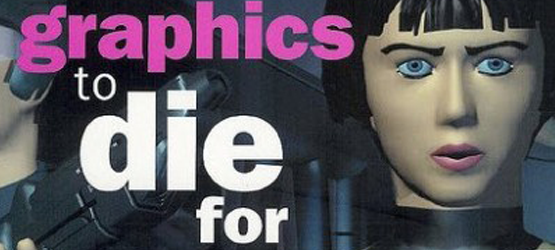
Graphics and visual fidelity are a massively debated factor in games, with some people attributing a high value to the magic numbers of 1080p and 60 frames-per-second. Is there a point where visual fidelity just isn't as important as other factors?
-
Clamoring for Information: The Desire to Know More
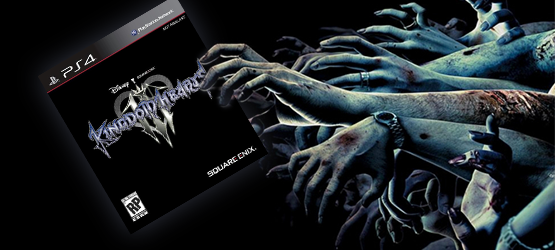
We're constantly pawing at any new bit of information that we can find out about games, but the information ebbs and flows in our industry. Does our desire to know more cause releases to be little more than a flash in the pan?
-
Remembering Our Giants – The Loss of Nintendo’s Satoru Iwata
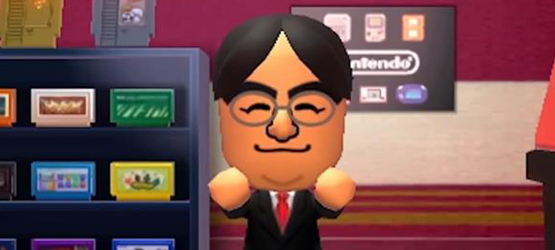
Nintendo's President and CEO has passed away, which makes us realize the fragility of life and relative infancy of the gaming industry.
-
A Dangerous Minefield of Video Game Spoilers
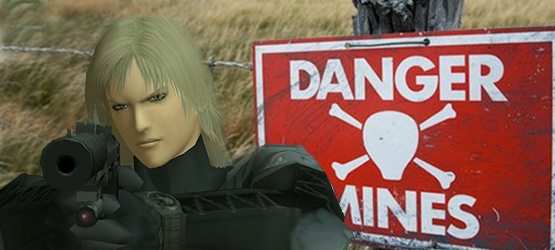
There are certain parts of an experience that hinge on the unknown, the mystery, and the surprise. Metal Gear Solid 2 swapping Snake out for Raiden? Aeris' fate in Final Fantasy VII? These are just a small sampling of the kinds of things that can have an impact if they are spoiled prior to a first experience and we're looking at how the unknown crafts a sense of wonder.
-
PSN Down - Does it Matter?

So the PSN is down again. Maybe not right now, but if history has taught us anything, it's that Rome wasn't built in a day and the PSN goes down periodically. Does the loss of our network connection really matter that much though?
-
The Last of Us 2: What We Want and What We Don't
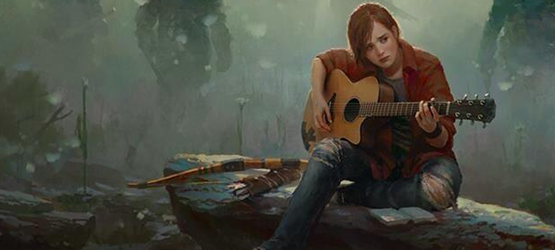
Nolan North has seemingly outed the existence of The Last of Us 2, and while Naughty Dog and Troy Baker both claim ignorance, we wanted to share our conflicting thoughts on what we want and what we don't want in a sequel to one of the greatest PlayStation games ever.
-
How Technology Will Push the Horror Genre Forward
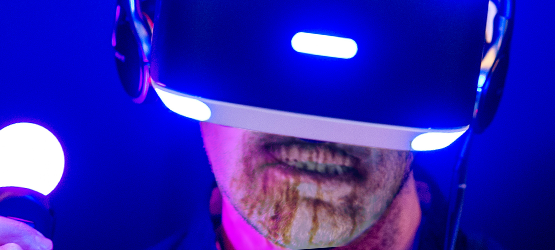
P.T. may be a distant memory, but new and coming technologies could change the face of horror games as we know them, allowing for fresh and immersive ways to be scared.
-
How Early is Too Early to Announce a Game?
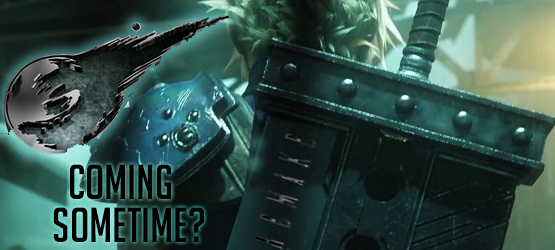
When should developers and publishers reveal their games? Can the strategy for timing between reveal and release impact a game's development and sales performance?
-
Has Nintendo Stepped Down From the Big Three?
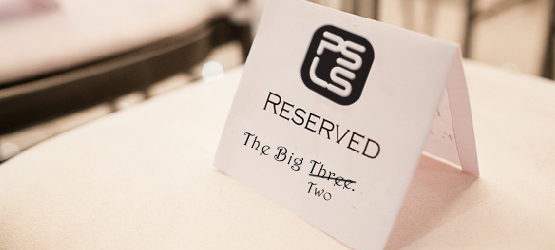
Nintendo, Sony, and Microsoft have long been considered the "Big Three" in the console games market, but has Nintendo abandoned their seat at the table?
-
Is Backwards Compatibility Forward Thinking?
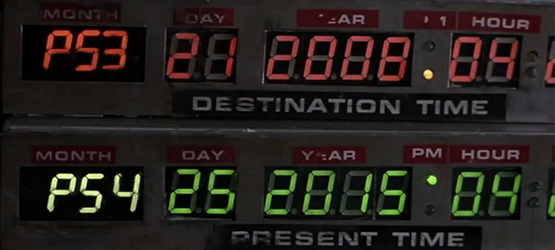
Microsoft announced backwards compatibility for the Xbox One at E3 2015, but is the time and money spent to make it happen forward thinking for the console market?
-
Oculus Rift vs. Project Morpheus - Pre-E3 Announcements
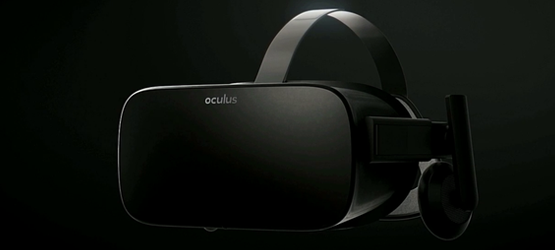
Project Morpheus and Oculus Rift are the primary contenders in the battle fro VR supremacy, and we compare the currently known specs and features.
-
Games, by Gamers, for Gamers
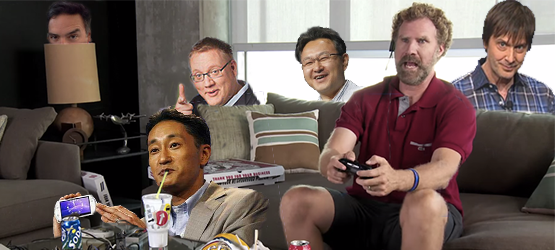
Many of the video game industry's biggest names are gamers themselves, and we talk about the importance of games by gamers, for gamers.
-
The Evolution of Discovery

Games have become about something more than simple high scores or arcade competition. We explore the evolution of the ability to discover in video games.
-
Countdown to E3 2015: Tips on How to Spend the Next 10 Days
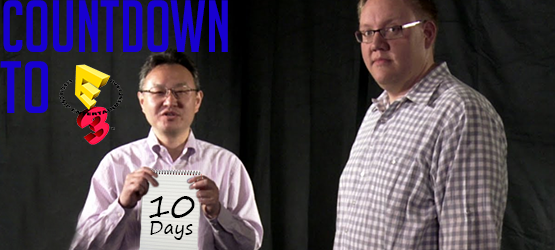
The wait for E3 can be a difficult one, so we're offering you some ways that you can make the wait more bearable. Are you reading this after E3? There are still plenty of entertaining pictures to accompany each suggestion. You can't go wrong with a Reggie Photoshop!
-
The Pros and Cons of App Based Extended Content
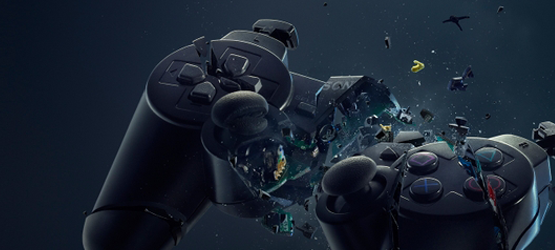
Some games have expanded beyond the screen in our living room by allowing our phones to connect with the game. Which ones are successful and which ones are unnecessary?
-
The Strategy Behind Having E3 Press Conferences
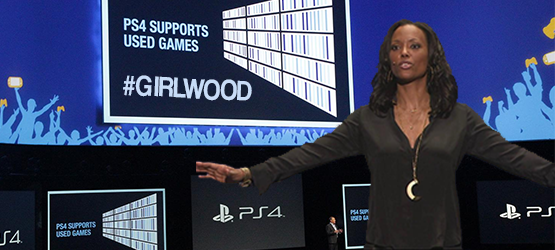
May I have your attention please? If you'll direct your eyes to the center of the stage, we'll be talking about why the major players in the industry hold E3 press conferences.
-
The Difficulties of Keeping an Embargo

As games journalists we have access to privileged information that we may not be able to reveal. Finding a balance between bringing content to our readers and maintaining positive PR relationships is crucial to our continued operation.
-
Unfair Bullying of Developers Over Game Updates
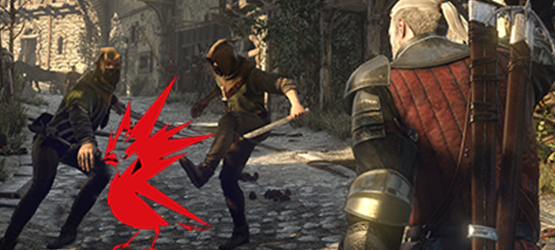
Game updates can create a stream of consciousness that a game is broken or that a developer took the lazy route during development. Is this treatment fair, or is the advancement of technology to allow for these updates an incredible thing?
-
Tempering E3 Expectations
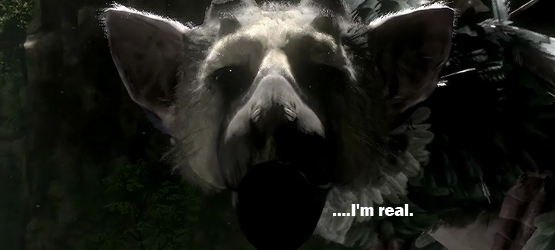
Building up expectations to unreasonable levels can lead to disappointment when they are not met. Expect us to talk about tempering those expectations to enjoy every announcement, even the unexpected.
-
Evaluating The Witcher 3's Graphical Downgrade
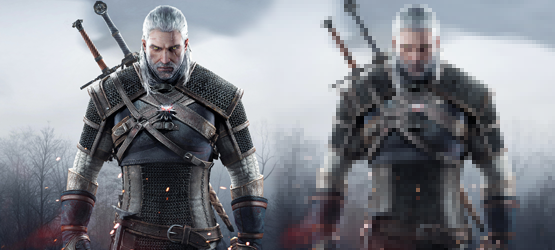
Accusations of The Witcher 3 being downgraded graphically from its reveal trailer have caused a bit of a stir, and we're taking our own look at the claims.
-
The Adventures of Dynamic and Static Storytelling

Dynamic storytelling allows for more player freedom, but limits the kind of story you can tell. Static Storytelling let's creators have control of the story, but is an on-rails experience for players. Which is preferred?
-
Reigniting Destiny's Fire with House of Wolves
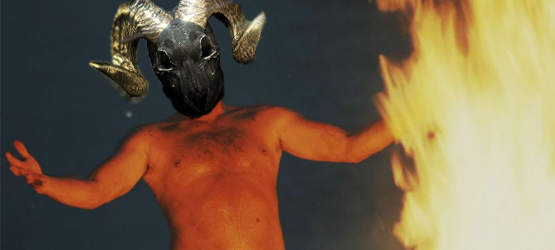
Did Destiny's second expansion reignite a fire that was snuffed out by The Dark Below?
-
Why Microsoft has the Right to Brick Consoles
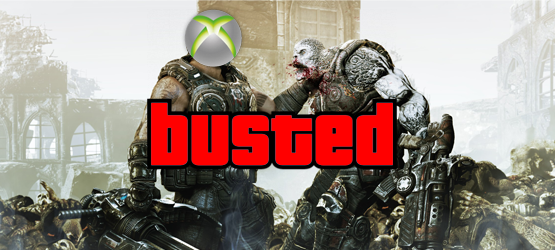
Do you ever read the terms of service? perhaps you should start, because we're looking at why companies may have the right to lock you out of content you think you own.
-
Always Online - The DRM Compromise
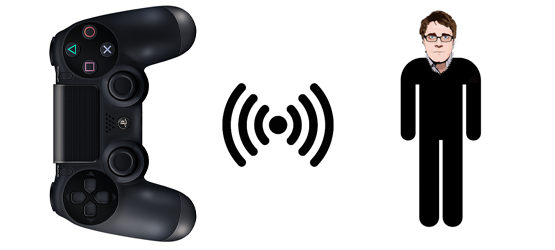
Advancements in technology are giving us increasingly connected worlds in our games, but are online components just hiding Digital Rights Management?
-
The Value of Gaming - How Much is Your Time Worth?
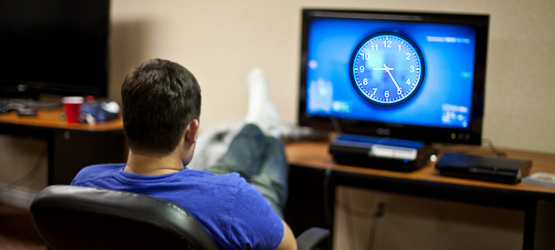
We spend a lot of money and time on our favorite hobby, but how do we measure the value of the money and time we spend on the games that we play?
-
The Backlog Problem
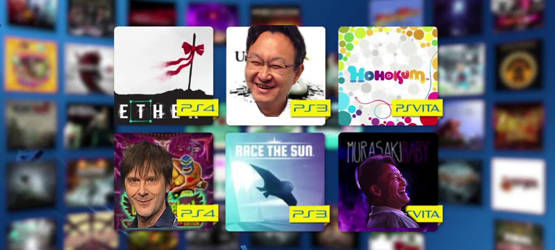
More and more games are coming out, more than we have time to play. With the rising number of games, there is also an increase to games that we want to play. Do we go back, or do we leave them behind?
-
Narrative vs. Experience - How are the Best Stories Told?
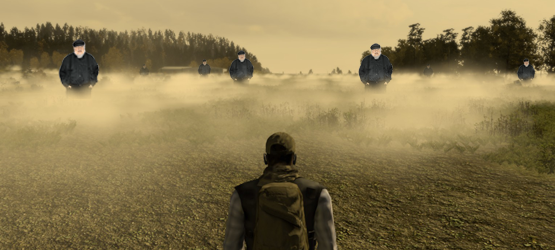
Would you rather be told a story or experience it for yourself? Is there a balance in a game telling you about a narrative point versus playing through it?
-
What Makes a Perfect Star Wars Game?
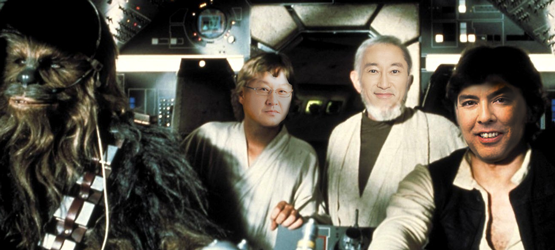
Everybody loves a good Star Wars game, but what makes the best Star Wars game? We take a stab at what we want to experience and what combined elements would bring balance to the Force.
-
Has PlayStation's Powers TV Show Failed?

Numerous mixed reviews and a lack of solid marketing have left the critical future of Powers in limbo. Though there will be a season two, we explore whether the series has already failed in its intention to bring a streaming exclusive to the PSN.
-
Information Leaks - Do They Hurt the Industry?

Games are a huge endeavor, and as such, information is not easy to contain. If something gets leaked outside of marketing's planned strategy, how does that impact the developer, publisher, and the rest of the games industry?
-
HD Remastered Edition - Does Recycled Content Hurt the Industry?
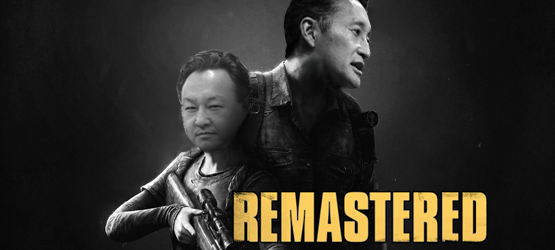
Daily Reaction is back in a new form, and our first post is talking about HD remasters and the trend of making what's old new again. Should we be living in an HD version of the past?
